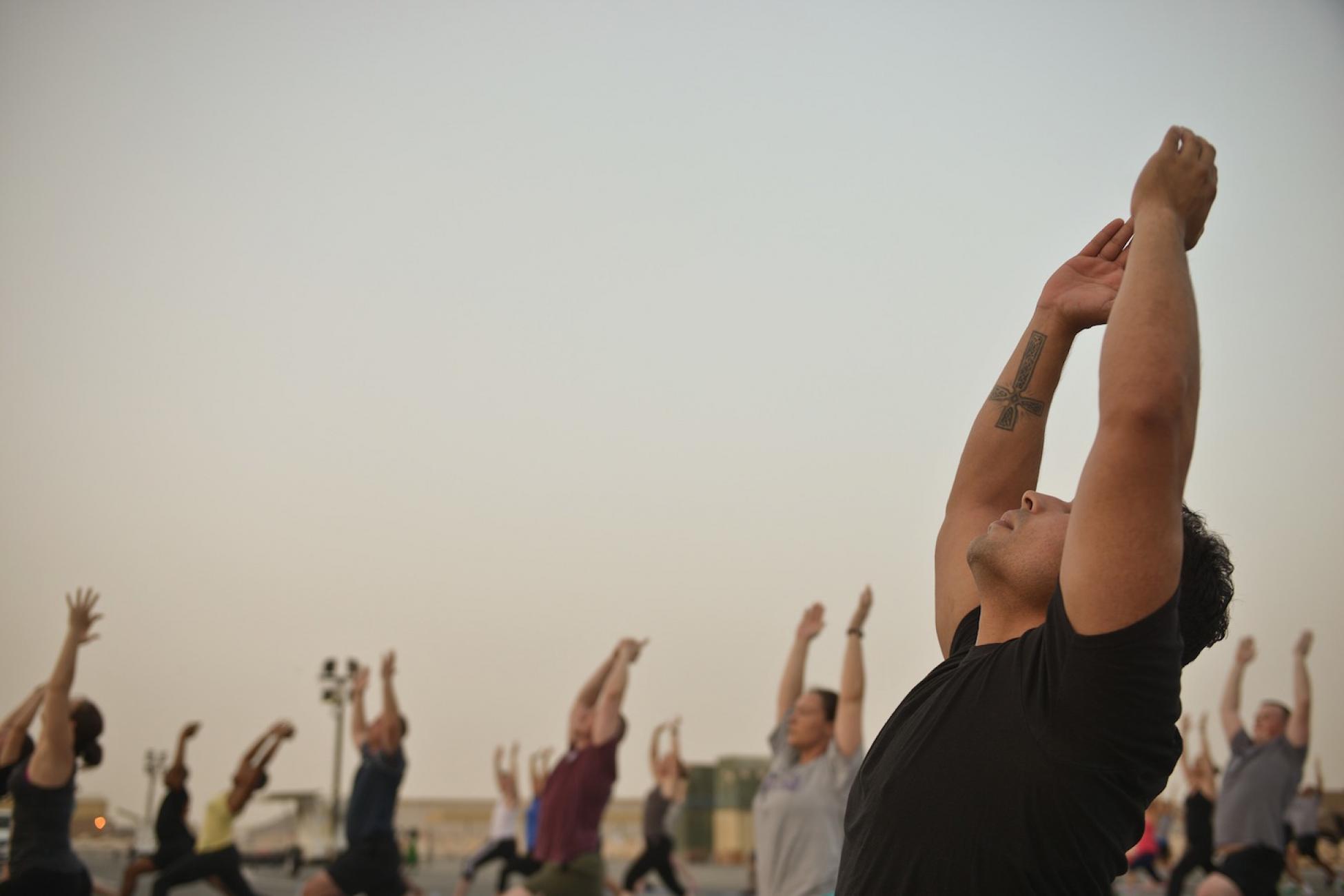I’ve dreamed of becoming fluent in Spanish for more than half of my life. But in my first months abroad studying and teaching in Spain, I only got awkward stares when asking for the “salida.” But just a few months later, I was able to have inspiring hour-long conversations with strangers.
Though I have taken many classes, the most useful lessons I have learned were outside of the classroom—and outside of my comfort zone. Here are my tips to make furthering your language skills part of your everyday routine.
Taking gym classes in a foreign language is good for endorphins and motivation at the same time.
I sometimes still go left when I should go right, but making mistakes is the best way to learn. Plenty of people from my classes have generously helped and offered to do language exchanges outside of our gym class. The instructors also know that I'm not from Spain and always show me the right thing to do until I get the fitness phrases down.
Practice by talking to strangers.
Asking someone for directions, or your barista where she is from is a great way to practice and make memorable mistakes. “I have a lot of men,” I once told a waiter while pointing to my stomach (instead of “I am very hungry”). You can bet I quickly learned the difference between hombre and hambre.
Using a monolingual dictionary forces thinking in just one language.
Oftentimes, I look up a word (or three) to understand the actual definition, but in this case the longer route is worth it. Constantly translating is often inefficient because there are many phrases and words that can’t be directly translated. Forcing yourself to think in one language by defining words in the target language is invaluable. There are plenty of apps to download and plenty of free online diccionarios available.
Re-reading books strengthens your vocabulary.
An English teacher I worked with recommended reading books I have already read. “Oftentimes language used for young children is very different than everyday language.” But, re-reading a book gives you the advantage of already knowing the plot. I also notice that reading something I’m interested in introduces me to vocabulary that I will actually use. Not surprisingly, I increased my reading level from a 10-year-old to an 18-year-old in less than a year.
Re-watching movies in a foreign language with foreign subtitles helps with word recognition.
I’m a very visual learner, so seeing the words and hearing the pronunciation helps immensely. Also, just like reading books I’ve already read, re-watching movies offers the advantage of knowing the plot. I frequently have a lightbulb moment where I see a word I’ve heard a million times and learn how to use it better.
Keeping a journal in another language reinforces vocabulary.
Neil Postman wrote that the written word requires much more logical thought and understanding than speaking does. I keep a journal on my computer where I try to write at least once a week about my week. Not only does this reinforce my language, but it’s a personal record of improvement, and a personal memoir of my experience abroad.
Add this article to your reading list




